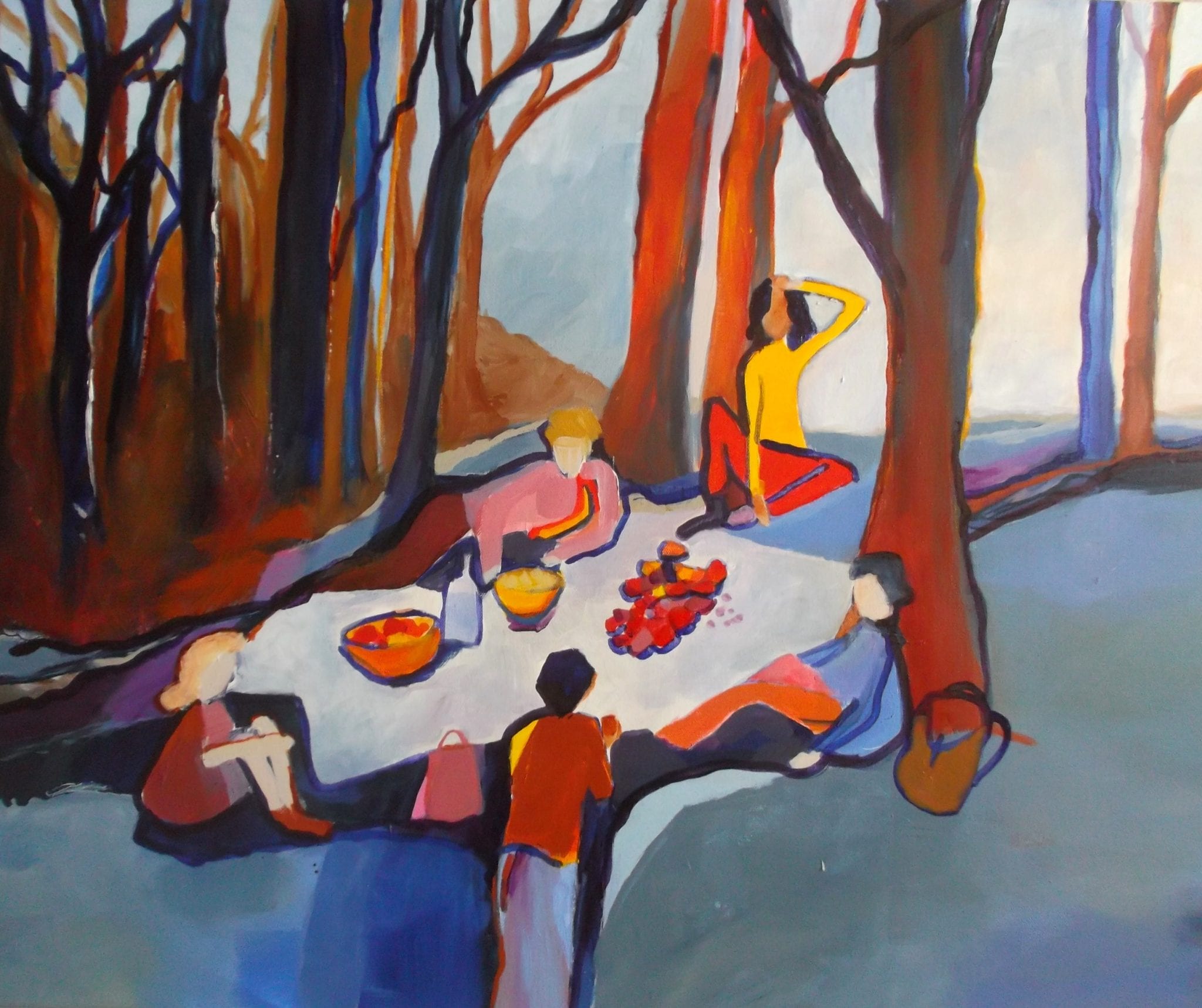
W e are told that many diseases, childhood conditions, and most immuno-related diseases have a genetic basis, that we carry the genes that predispose us to develop certain maladies.
Let’s visualize this predisposition as the background in our story: it is there, we cannot do anything about it. However, there are several other factors that influence our health.
The second factor influencing our health is our lifestyle and the choices we make every day: our food choices, how much we sleep, if we move enough, if we smoke or not, and the daily balancing of our activities (work-rest-fun). How we feed and treat our body. This factor heavily colors the background, for each cell of our body and brain is heavily influenced by how we nourish it. It is definitely an area that is within our power to change if we want to.
A third factor is the state of our mind: relaxed vs. anxious, actively involved vs. passive, optimistic vs. pessimistic, believer vs. doubtful, grateful, trusting, engaged, motivated, depressed, stuck, addicted… Our mental state is influenced by our personality, our childhood experiences, the quality of our relationships, and for a big part by our coping mechanism: how we see, trust and love ourselves and how those basics allows us to go with the flow of life, make decisions and carry them, problem solve when needed.
This third factor is within our reach to change but we might need help in the process.
A fourth factor is the quality of our support system: family and friends who are nearby and actually devote time to positively nurture the ties; added to this, a community that forms a larger circle around us, whether it is a village, a Zumba club, a church, a favorite café, or a volunteer group, it is the feeling of belonging to a larger group that matters, as well as its overall spirit (cooperation, optimism, helping each other).
The support system is a huge, often neglected, factor at every stage of a disease, from the onset to the recovery.
Then there is a trigger, an “event” or a combination of, known or un-identified; until then we had been able to manage a sufficient balance, or patch things up, but now the body screams “enough!”. The body might express something we have not been able to express otherwise, or the body and the mind are unable to deal with an overwhelming situation, and/or there is an inner conflict and/or stuck energies, at any given moment.
What can happen next is a domino effect of symptoms that might point, or not, to the real issue(s). Depending of all the factors described above, the healing process might take a week or a lifetime. We see how important it is to assess all areas of our life to try to understand what factors caused or helped the dis-ease to manifest.
Addressing only symptoms, by masking those with drugs that also trigger side effects, might bring a quick relief but if the causes are not identified, the problems will likely move around to another part of the body. For real and long term healing, one needs to address the lifestyle choices, the mind health, the support system, and the individual differences.
I also believe that allopathic medicine too often put the patient in a passive position. The doctor knows what is good for him and the patient has no choice but to agree and trust a person who knows only a very small part of the person (the disease part). In this process, the patient gives up responsibility and an active role in the healing process. Regaining responsibility, finding balance at every cell level and in all the areas of our life, and nourishing ourselves positively are keys to healing.
There is not one answer for all but many possible reasons why we become sick. And there is a wide variety of remedies, therapies, practices, and adjustments for a better life quality, because each individual is a unique composition of history, genes, emotional states, physical strengths & weaknesses, in addition to their personal story.
Health is so complex, and fascinating in that way. Medicine should not be reduced to the promoting of drugs and surgery as the main and often sole solutions. Integrative medicine and some alternative practitioners appear to have a more holistic approach, however the only real healing occurs when the all the factors are addressed and the person has become an actor in the recovery process.
Most important, maintaining health should be the priority for everyone and at every age, before the unbalanced body allows the trigger to dis-ease it. Assessing our life by reviewing the influencing factors is the first step.
What is your point of view? Let us know in the comments, and make sure to share this article with your friends.


